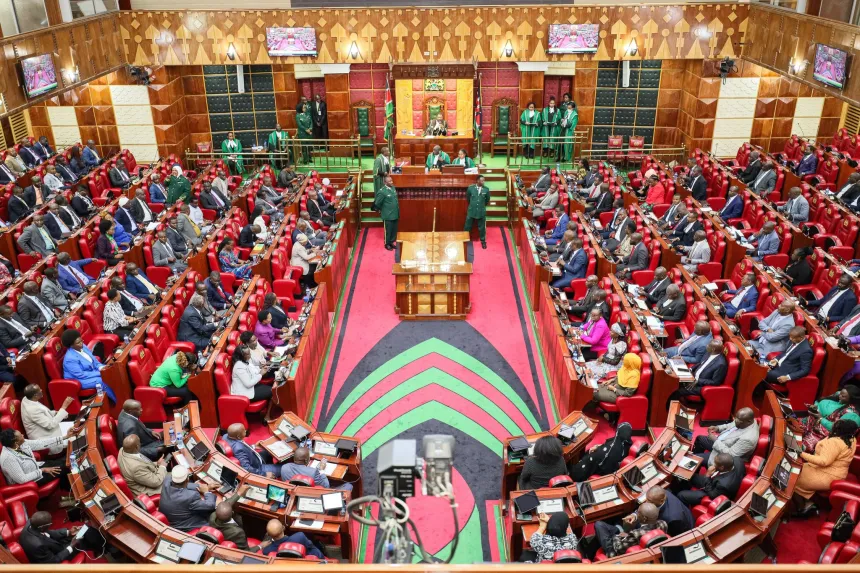Kenyans have been handed a reprieve after the National Assembly passed the Finance Bill 2025, with key amendments that protect citizens’ privacy and ease tax burdens on critical sectors.
The bill, expected to generate Sh24 billion in revenue, now awaits assent by President William Ruto.
One of the most contested proposals — which sought to grant the Kenya Revenue Authority (KRA) unrestricted access to customer data — was decisively rejected.
The Finance and Planning Committee, chaired by Molo MP Kimani Kuria, argued that such access would violate Article 31 of the Constitution, which guarantees the right to privacy. The committee reaffirmed that Section 60 of the Tax Procedures Act already permits data access through court warrants.
The House also scrapped the proposed expansion of PAYE tax bands and a controversial provision that would have allowed the Treasury Cabinet Secretary to adjust income tax rates for inflation without further parliamentary approval.
In a bid to cushion key industries, MPs retained zero-rated VAT status for locally assembled mobile phones, electric vehicles, solar batteries, and animal feed inputs.
They also upheld existing incentives for motor vehicle assemblers and real estate developers building over 100 housing units, rejecting Treasury’s attempt to remove the 15% corporate tax relief.
On alcohol regulation, the Sh500 excise duty per litre on Extra Neutral Alcohol (ENA) for licensed spirit manufacturers was retained, providing some relief to the industry.
Lawmakers also voted to exempt all pension payments from taxation and expanded the scope of the Significant Economic Presence Tax (SEPT) to cover websites and electronic platforms, though they opposed setting a Sh5 million revenue threshold, citing enforcement concerns.
The bill now proceeds to the president’s desk for final approval.



















